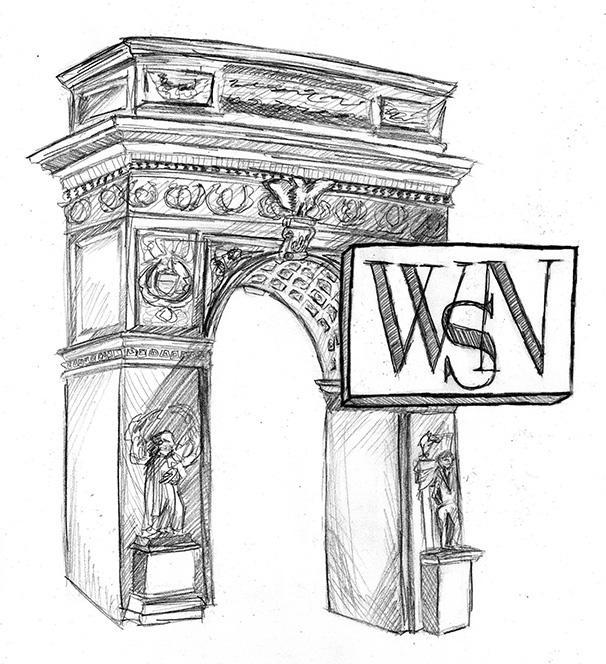According to the Department of Education, hidden disabilities are “physical or mental impairments that are not readily apparent to others. They include such conditions and diseases as specific learning disabilities, diabetes, epilepsy and allergy.” For a university student, these disabilities affect a student’s day-to-day life.
To gain access to accommodations at NYU through the Moses Center for Students with Disabilities, students with disabilities are usually required to submit documentation from a qualified, licensed professional which includes a specific diagnosis. Students also have to apply for housing and academic accommodations separately. Requesting academic accommodations involves filling out an online application, uploading an authorization for the release of information form and attending an in-person orientation. The process for obtaining housing accommodations involves filling out another online application and authorization form, as well as submitting a Certification of Disability form that has been filled out by a healthcare provider. For a student who needs accommodations in both the classroom and in housing, this can mean five forms and one meeting in total.
The Moses Center’s policies for disabled students aren’t suited to help students with less-visable disabilities. Sharing personal medical information with professors and other figures can be extremely daunting. Because of the fear of stigma, providing a large amount of documentation of those experiences can be a difficult task for those affected. This high barrier to entry for support can also be overwhelming, pushing students away from seeking NYU’s accommodations at all.
Receiving accommodations for hidden disabilities at NYU frequently becomes difficult. Last week, Washington Square News published its annual Housing Guide, which featured an article that displayed how students with food allergies struggle to gain access to important support from the university. Many individuals found that finding appropriate housing was a difficult and slow-moving process. When they eventually did, they were given no guarantee that a roommate would not eat foods with the allergen. When one student requested accommodations for a sensitive food allergy, she was told by the Moses Center that because of the rarity of her condition, she would need to undergo allergy testing in order to receive accommodations. The student ended up not receiving the accommodations due to the inconvenience of having to travel to her doctor’s office to redo testing and confirm what she already knew.
None of this is meant to invalidate the positive work that the Moses Center does, and the hundreds of students that it’s helped. But the fact that NYU does good work doesn’t mean that it cannot be criticized.
The immense hurdles that the Moses Center requires from students who need accommodations goes directly against NYU’s mission to be a space for a diverse community. At the end of the day, providing sufficient support to students with hidden disabilities means believing them. The Moses Center’s current policy of requiring extensive documentation to acquire disability support shows that NYU remains fundamentally skeptical of the credibility of students.
A version of this article appeared in the Monday, Feb. 24, 2020 print edition. Email the Editorial Board at [email protected].


























































































































































